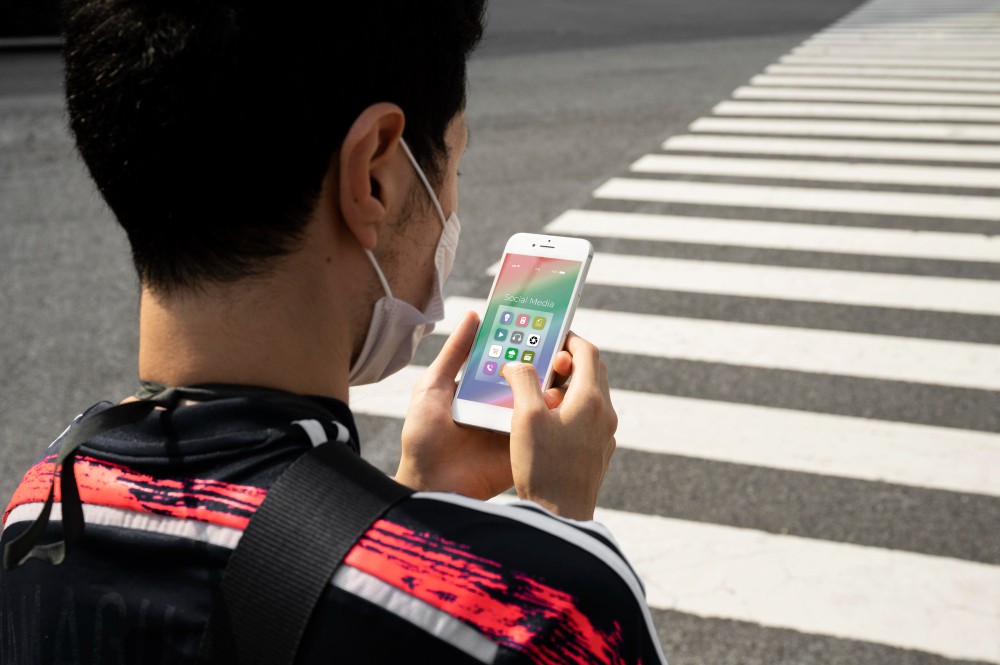The term "brainrot" has been making the rounds lately, especially in the context of digital media. Those who experience brainrot often find themselves compulsively checking their phones and feel anxious when they’re away from them. Common symptoms include headaches, eye strain, difficulty focusing, procrastination, and even a tendency to withdraw from social interactions in order to keep scrolling through their phones.
But what exactly causes brainrot, and how can you deal with it? Read on to find out more.
What is Brainrot?
Brainrot isn’t a medically recognized term, but it’s commonly used in the digital world to describe a state where the brain struggles to function at its best due to excessive consumption of content, particularly low-quality or superficial short videos.
Platforms like TikTok, Instagram Reels, and YouTube Shorts are filled with these brief, easily digestible videos designed to provide quick entertainment.
While watching these short videos, the brain releases dopamine—the chemical associated with pleasure. When this happens repeatedly, the brain becomes conditioned to crave this instant gratification, making it difficult to focus on tasks that require sustained attention.
Furthermore, the constant stream of short videos can lead to information overload. Since each video presents a small chunk of information in a short time, the brain doesn’t have the opportunity to properly absorb or process it. This leads to mental fatigue and can make it harder to concentrate on more complex or lengthy tasks.
The Impact of Brainrot on Daily Life
Brainrot can have noticeable effects on your everyday activities and relationships, including:
- Spending excessive amounts of time scrolling through negative or sensationalized news on social media, which can negatively impact your mood and increase anxiety.
- Using online jargon or terms so often that it starts to slip into real-life conversations, even when it’s irrelevant to the situation.
- Having trouble falling asleep due to prolonged screen time, particularly before bed.
- Sacrificing real-life interactions with friends and family because of the time spent watching social media content instead of engaging in meaningful face-to-face connections.
How to Overcome Brainrot
Brainrot can disrupt your mental well-being and daily life, but there are ways to prevent its harmful effects. Here are some strategies to regain control:
Limit Your Screen Time
Set a specific time limit for how long you spend on short video platforms each day. You can use built-in features on your phone or apps to remind you when you’ve hit your daily limit, helping prevent excessive screen time.
Engage in Focus-Building Activities
Shift your focus to other activities that challenge your concentration and boost your creativity, such as reading, drawing, or exercising. These activities help give your brain a break from the quick, repetitive stimulation provided by short videos.
Practice a Digital Detox
Consider taking one day each week to completely unplug from all digital devices—phones, tablets, and computers. This "digital detox" gives your brain a chance to rest and recover from the overstimulation caused by constant screen exposure.
Use Technology Wisely
Be more mindful of the content you consume. Instead of endlessly scrolling through entertainment or negative news, try to focus on educational or uplifting content that adds value to your life, rather than leaving you feeling anxious or drained.
If you notice that your digital device use is causing anxiety or you feel like you’ve developed an unhealthy dependency on your phone, don’t hesitate to consult with a healthcare professional. You can also use the Ai Care app for convenient health consultations, which is available for download on both the App Store and Play Store.
Looking for more information about health tips and tricks, first aid, and other home remedies? Click here!
- dr Nadia Opmalina
Katherine Chan, MSc, BSc, PMP (2024). Is Social Media Giving You Brainrot?. Available from: https://www.verywellmind.com/brainrot-8677487
Debra Bradley Ruder (2019). Screen Time and the Brain. Available from: https://hms.harvard.edu/news/screen-time-brain
Jill Christensen, APRN, CNP (2021). Children and screen time: How much is too much?. Available from: https://www.mayoclinichealthsystem.org/hometown-health/speaking-of-health/children-and-screen-time
CDC (2024). Call for Papers | Screen-Time Effects on Mental Health, Physical Activity, Nutrition, and Sleep Across the Lifespan. Available from: https://www.cdc.gov/pcd/call_for_papers/Screen_Time_Effects.htm
Shishira Sreenivas (2023). Digital Detox: What to Know. Available from: https://www.webmd.com/balance/what-is-digital-detox












